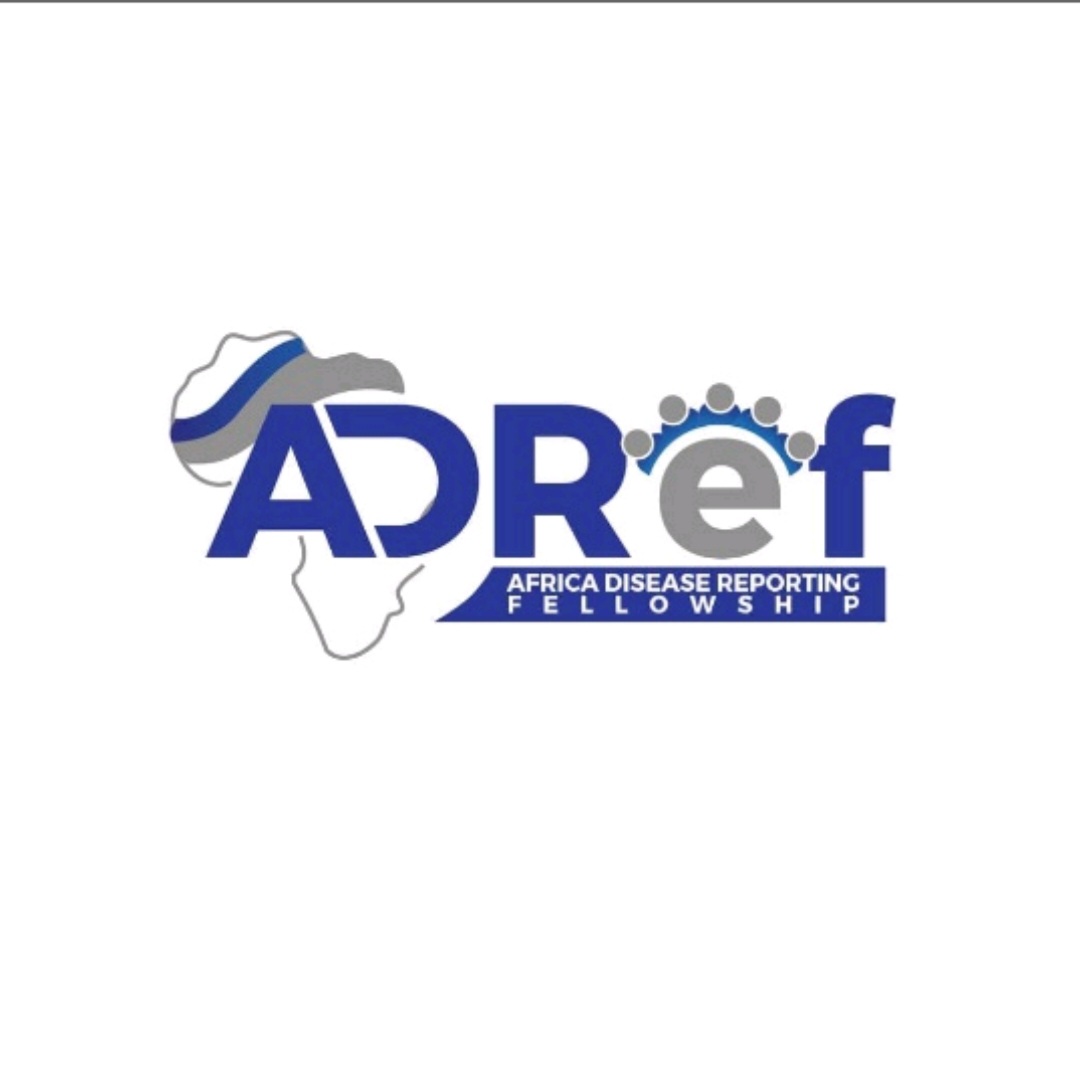The Africa Diseases Prevention and Research Development Initiative (ADRAP) has announced the commencement of its first-ever Africa Diseases Reporting Fellowship (ADReF) for African Journalists.
This groundbreaking initiative, according to a press release signed by ADRAP Director of Learning and Development, Sarah Yusuf and made available to the highprofile, aims to empower journalists across the African continent to report accurately and effectively on critical health issues.
The six-week hybrid programme will consist of virtual and in-person contacts with experts in the field of health and journalism.
Topics to be covered would include Foundations of Health Journalism, Health Literacy, Research and Disease Reporting, Contextual Reporting of epidemics and Pandemics in Africa, Reporting Emerging Infectious and Non-Communicable Diseases (Focus on Ebola and Post-Partum Haemorrhage), and Data in Disease Reporting. The fellows would also be exposed to advances in Multimedia and Storytelling and ethical use of Artificial Intelligence in journalism, as well as learning from experiences of other participants.
According to the Chief Executive Officer of ADRAP, Dr Joseph Enegela, “Establishing the Africa Diseases Reporting Fellowship for Journalists aims to elevate the quality of health reporting across Africa, equipping journalists and bloggers with the knowledge and resources necessary to address critical health issues in the region.”
The #ADReF programme is spearheaded by Mr Onche Odeh, who brings a wealth of experience to the role of Coordinator. Alongside him, the fellowship boasts the expertise of Odoh Diego Okenyodo, a seasoned development communication expert, who will serve as the Faculty Lead.
They are to work with Uganda-based Science Journalist, Esther Nakkazi, who brings onboard many years of experience from health reporting, media training and mentorship of younger journalists.
A key member of the faculty is Oga Steve Abah, a Professor of Theatre for Development and Participatory Development Methods Drama and Theatre for Development at Ahmadu Bello University, Zaria, Nigeria.
Together, they shall be providing mentorship and guidance for the Fellows and the project.
Dr. Joseph Enegela, ADRAP’s founder and CEO with extensive experience in medical practice and public health administration, will play a pivotal leadership role in the project.
Sarah Yusuf, the Director of ADRAP’s Learning and Development, oversees the development of the fellowship’s online interaction and presence, working collaboratively with the rest of the team to drive the project’s success.
Olanrewaju Olaiya MD, MPH, AAHIVS, PMD-Pro 2, Senior Director of Global Health at ADRAP, will contribute valuable insights and guidance where needed, drawing from his extensive knowledge in the global health sector.
Additionally, Oga Akoh, the project’s IT expert, will provide essential technical support to ensure the smooth operation of the fellowship programme.
Organisations partnering with ADRAP on the project include: Indrap learning limited, Akweya TV Limited, Isu Media Limited, and Nigerian Popular Theatre Alliance (NPTA).
Applications have opened from Tuesday 5th of December 2023 and will close 31st of December 2023.
Apply here via: https://adrap.org/adrap-fellowship/
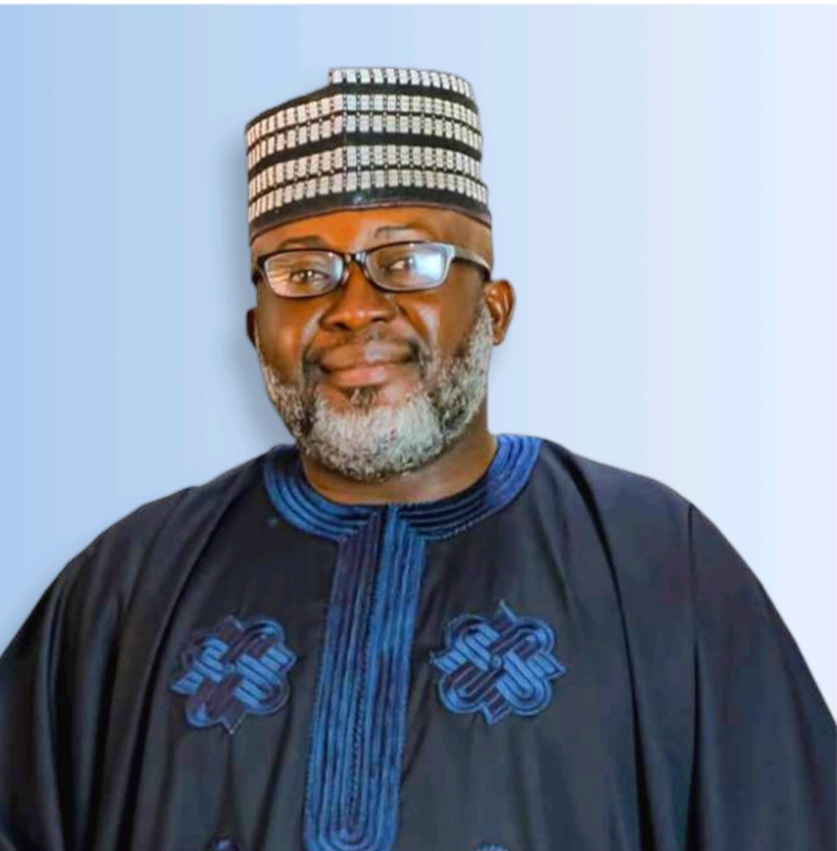
Dr Joseph Enegela, Dr. Joseph Enegela, ADRAP’s founder and CEO
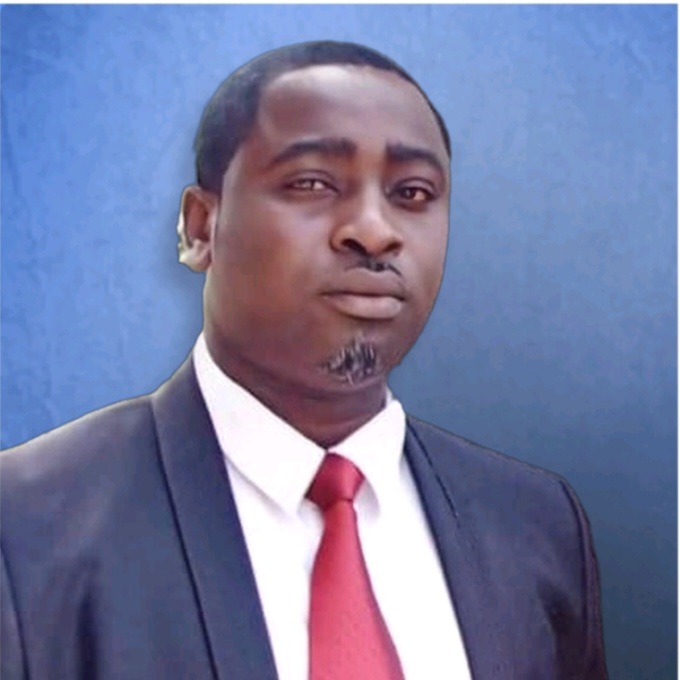
Onche Odeh, ADREF Coordinator
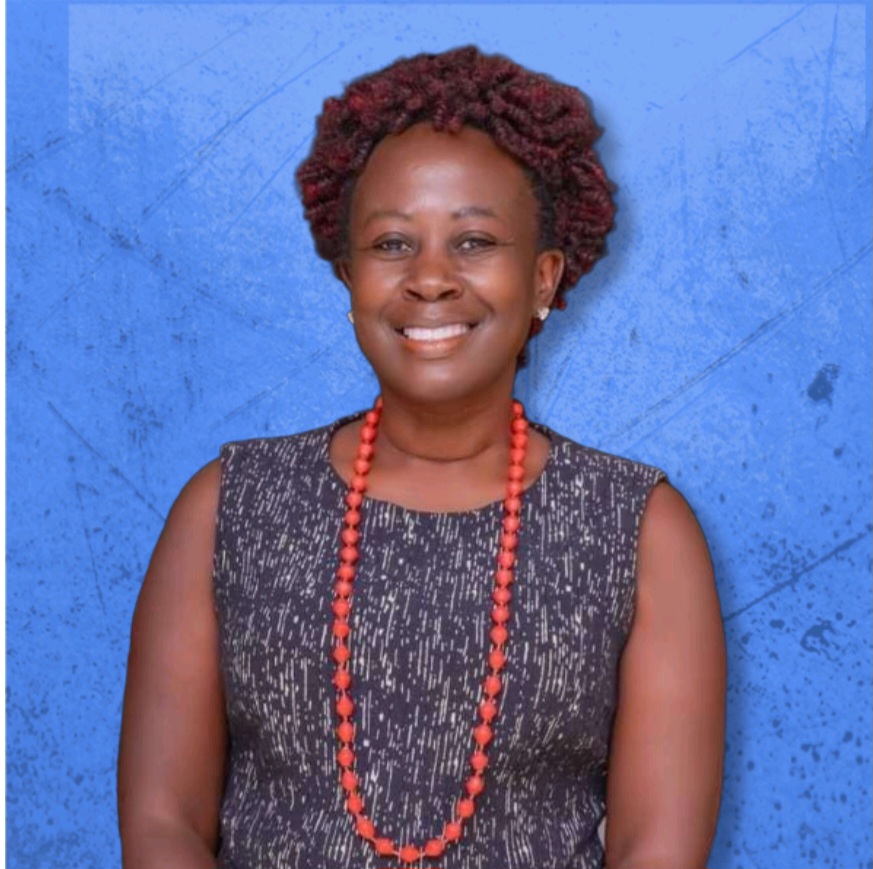
Esther Nakkazi, Facukty (Uganda)
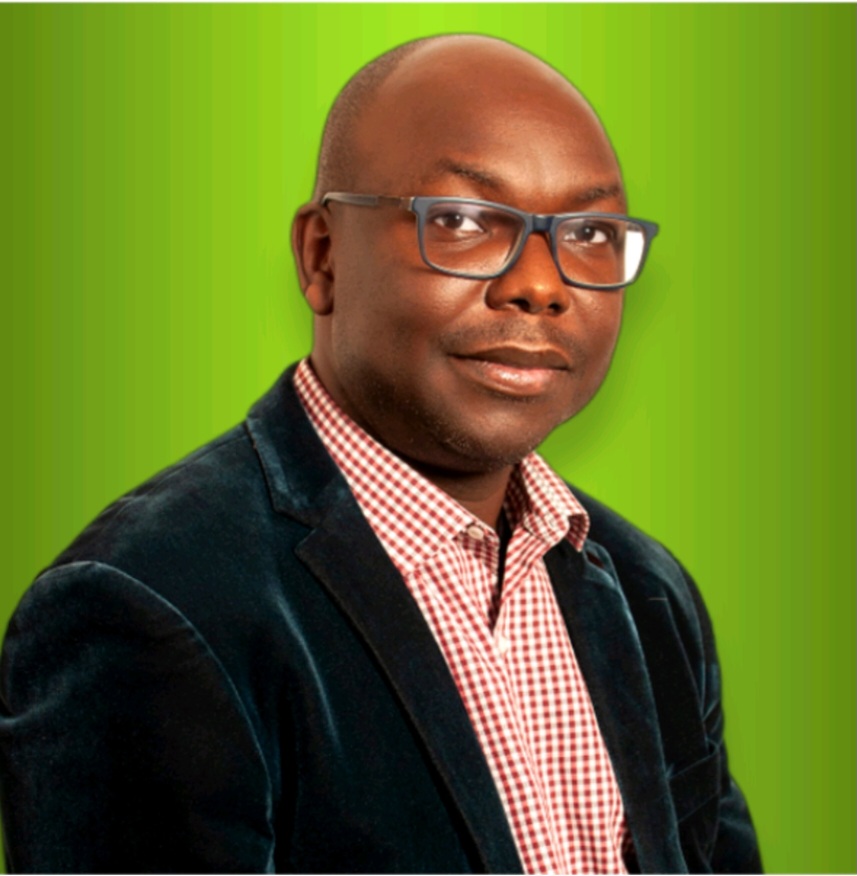
Odoh Okenyodo, Lead Faculty/Facility
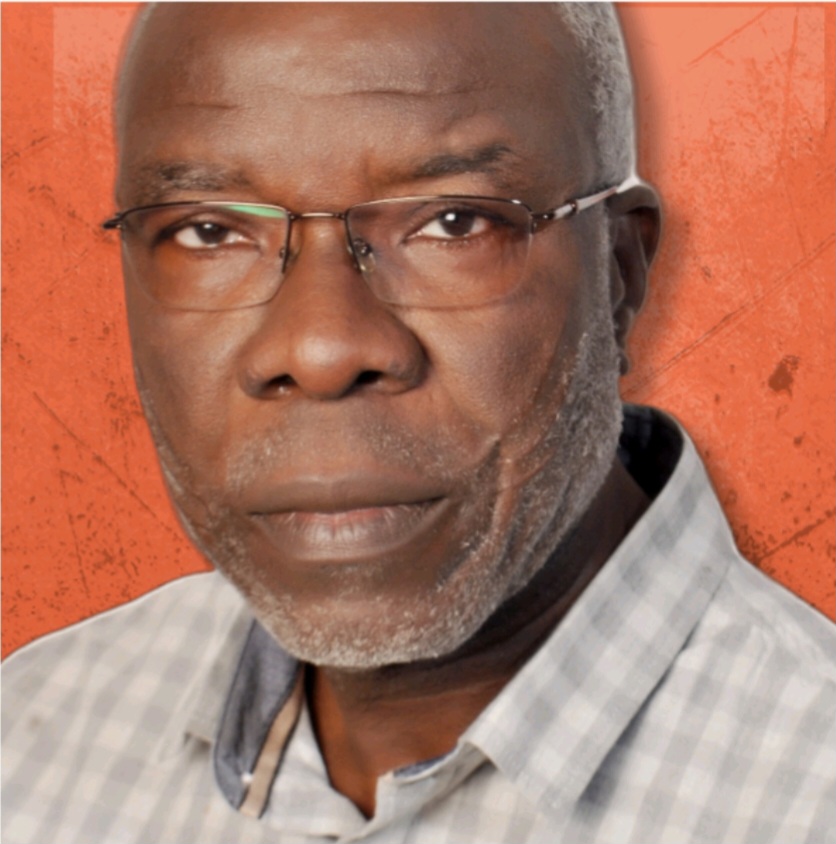
Prof Oga Steve Abah, Fasculty (Nigeria)
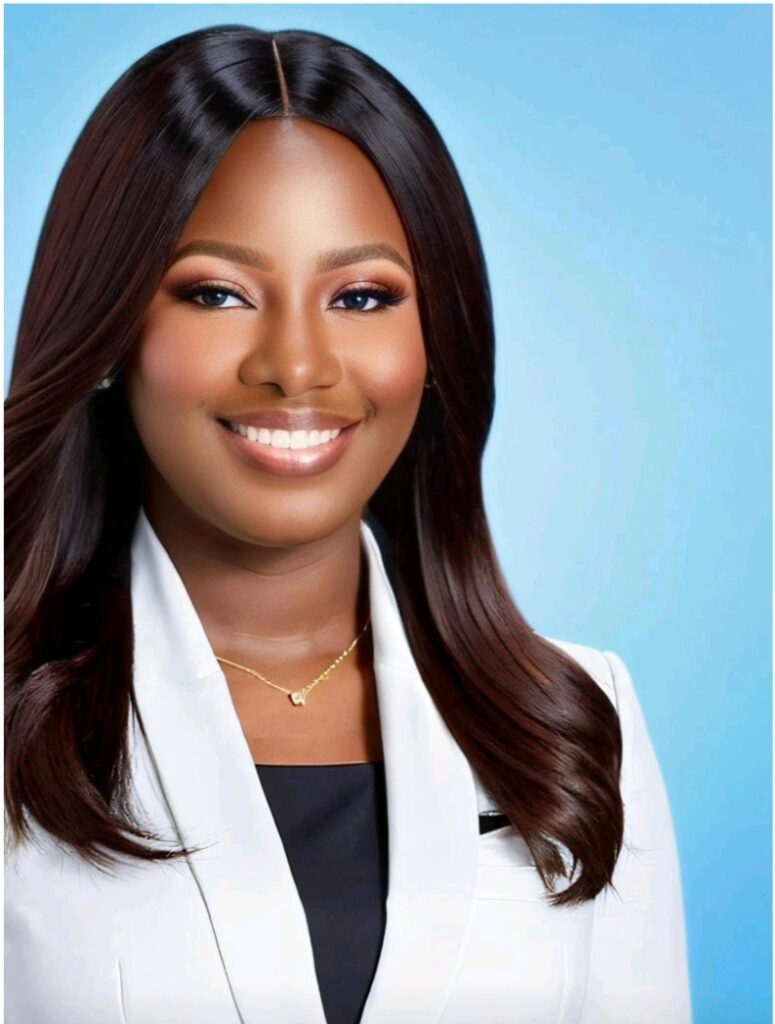
Sarah Yusuf, ADReF Programme Manager
For more information and inquiries, please contact:Africa Diseases Prevention and Research Development Initiative (ADRAP)No. 18 Cotonou Crescent, Wuse, Abuja.Phone: +234 909 678 5401; Email: info@adrap.org; Website: www.adrap.org
About ADRAP
The Africa Diseases Prevention and Research Development Initiative (ADRAP) is a non-governmental organisation incorporated in Nigeria in 2013 with the aim of creating and sustaining a world class institution that supports the implementation of topical and outcomes driven human diseases research, health care system intervention and continuous medical education as well as the use of innovative learning techniques to continually impart knowledge.


